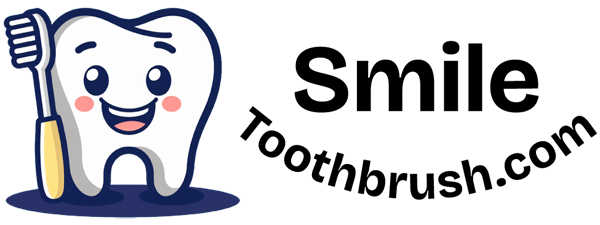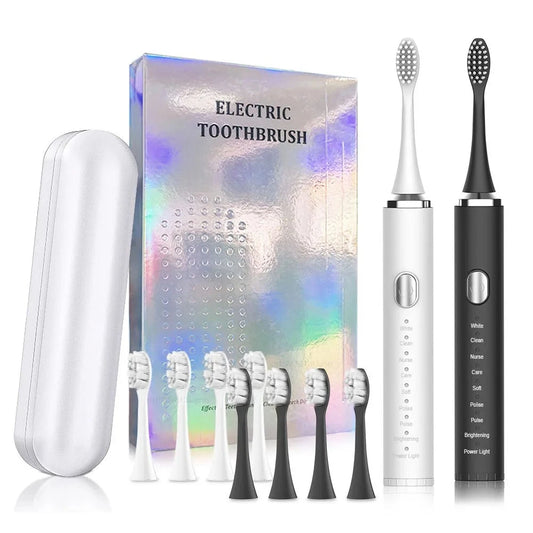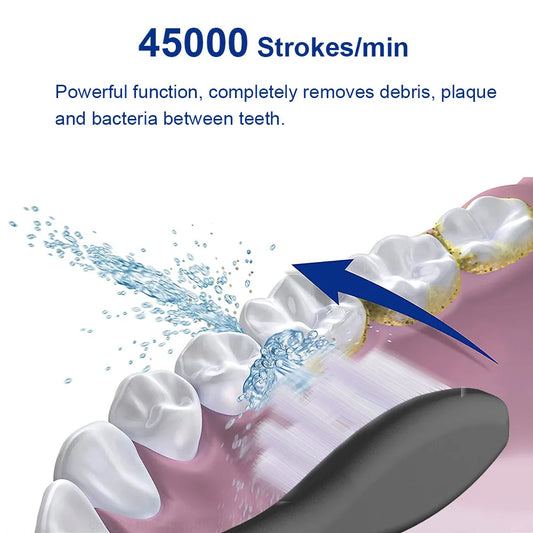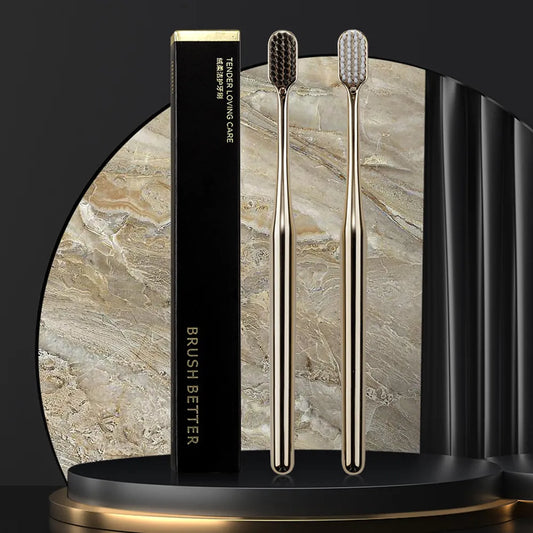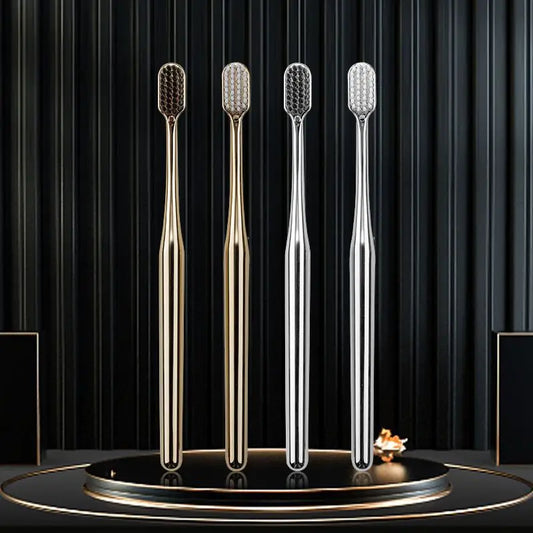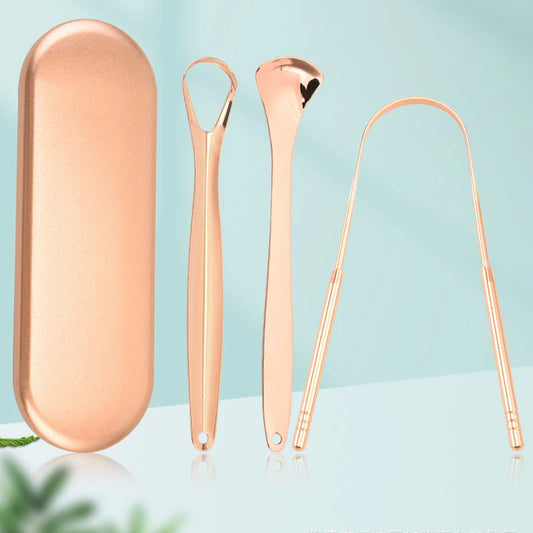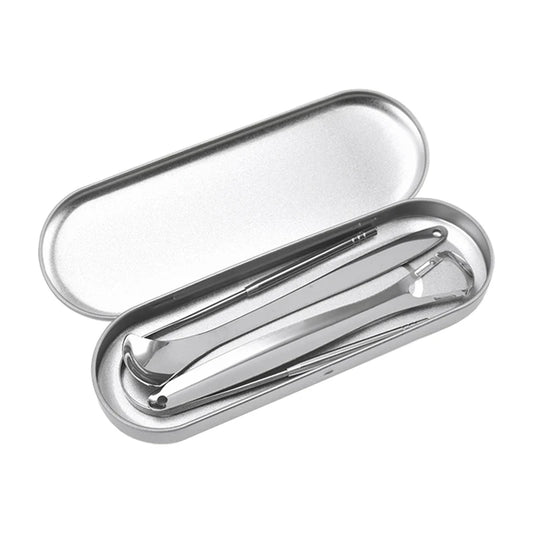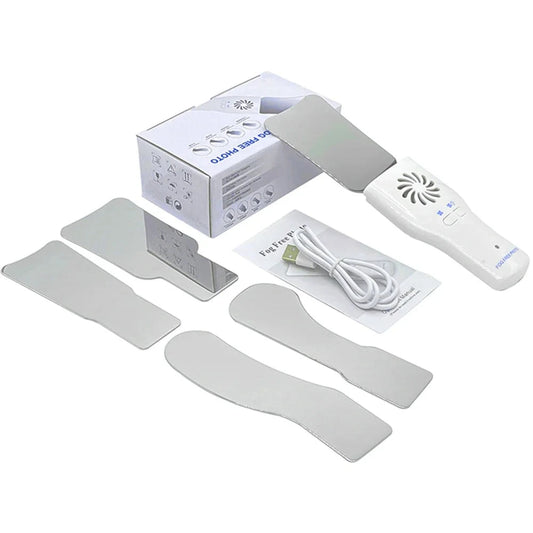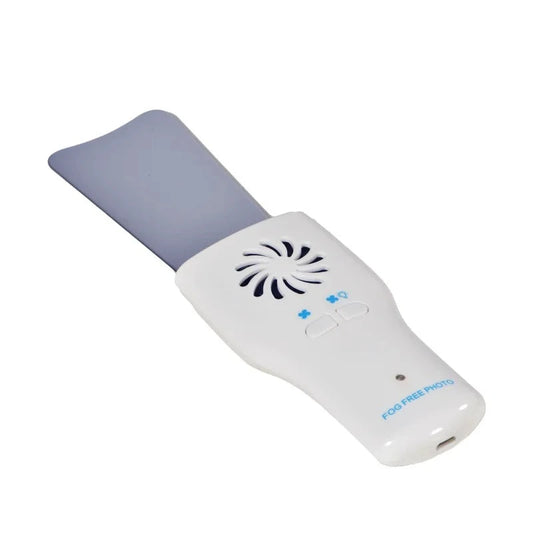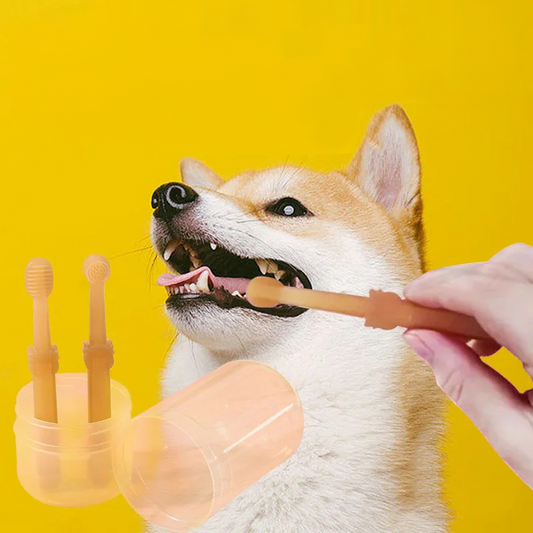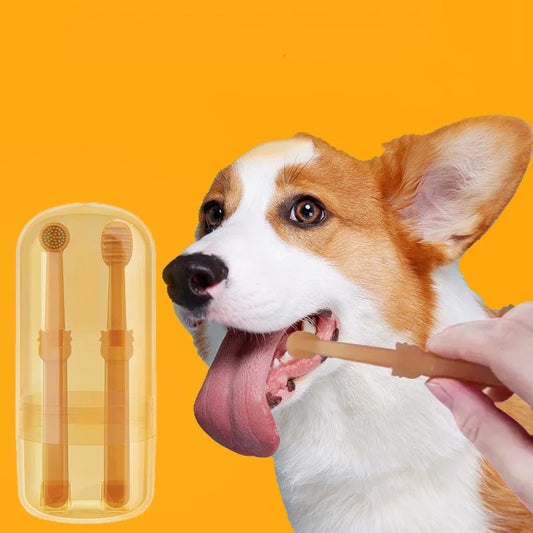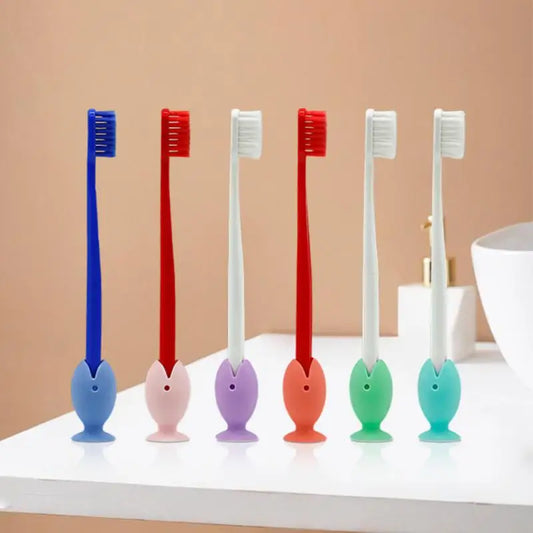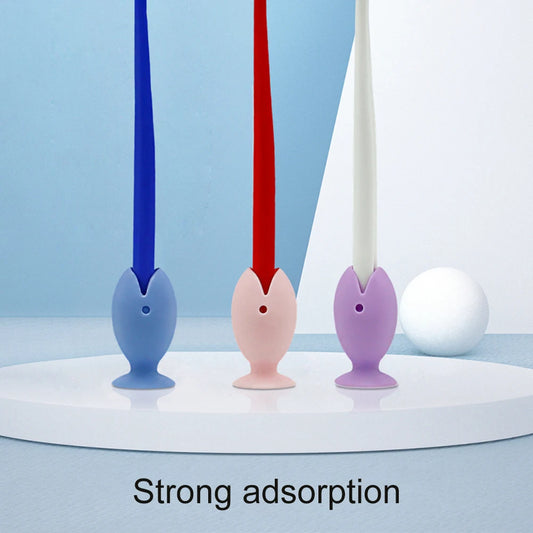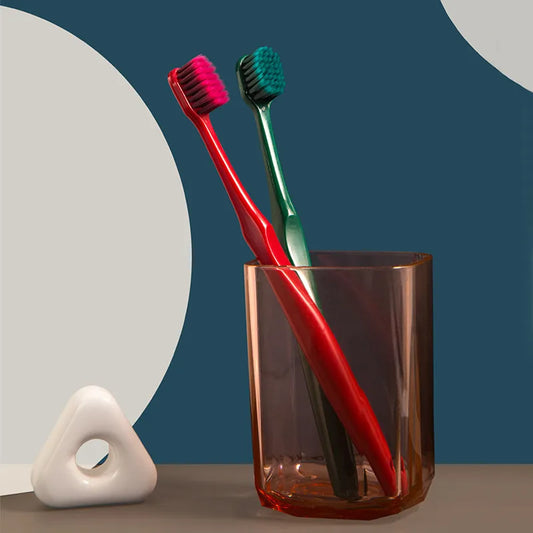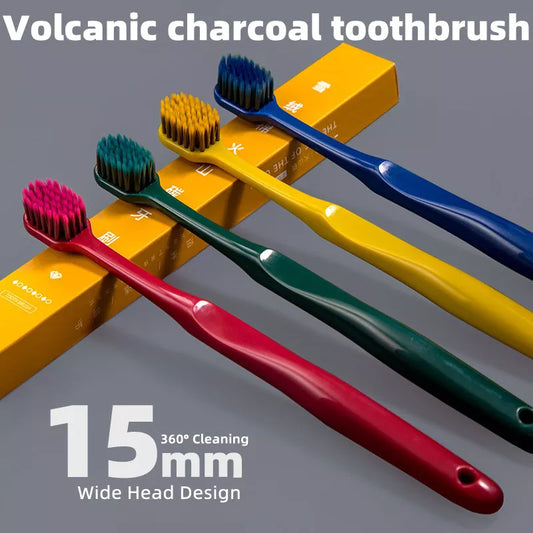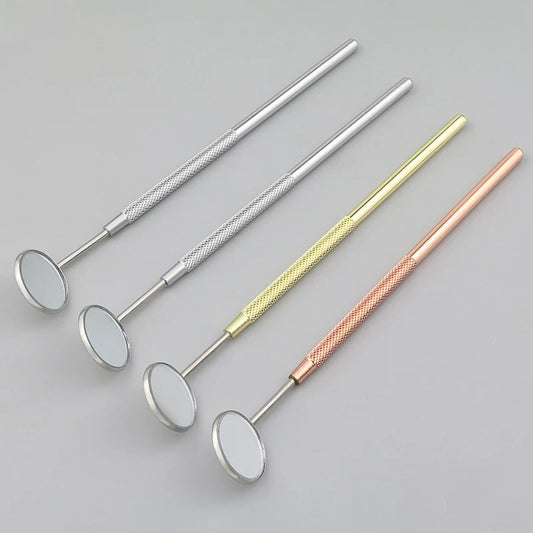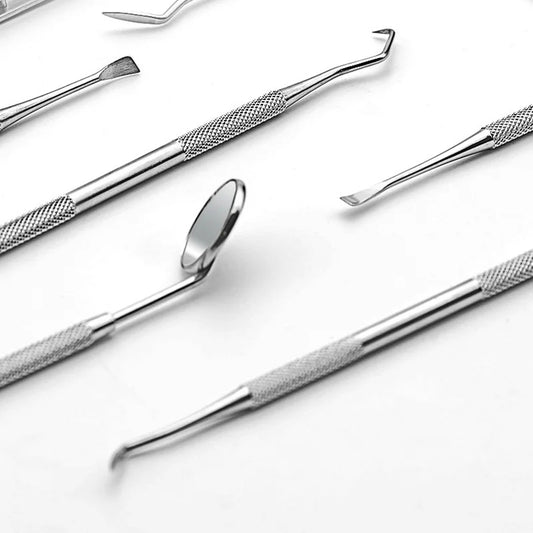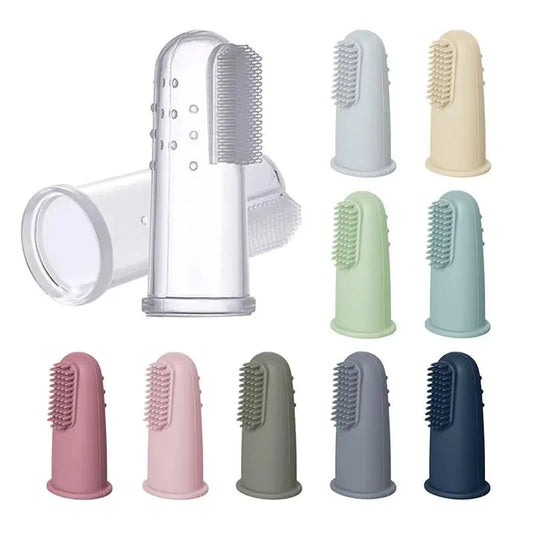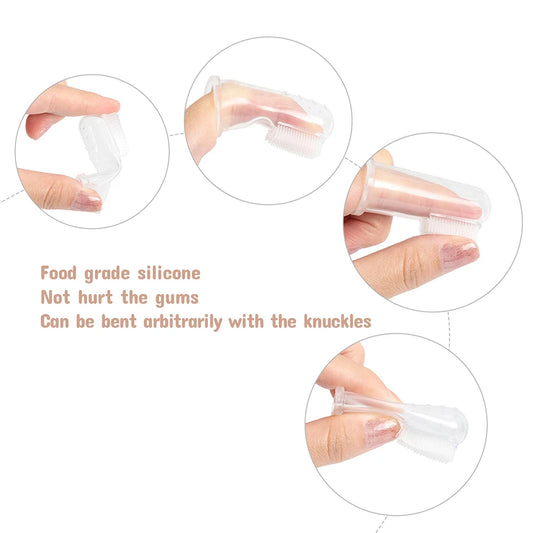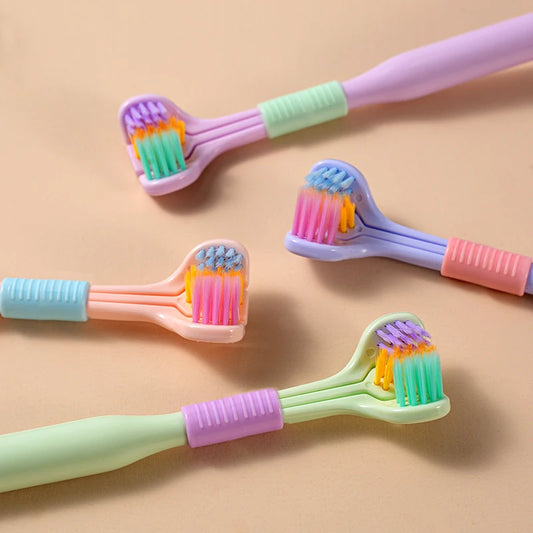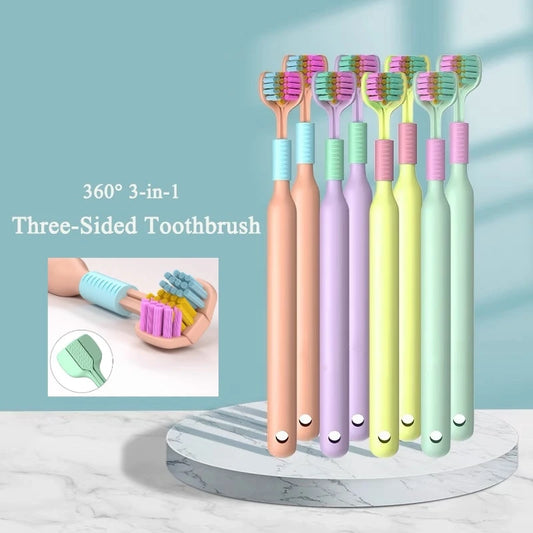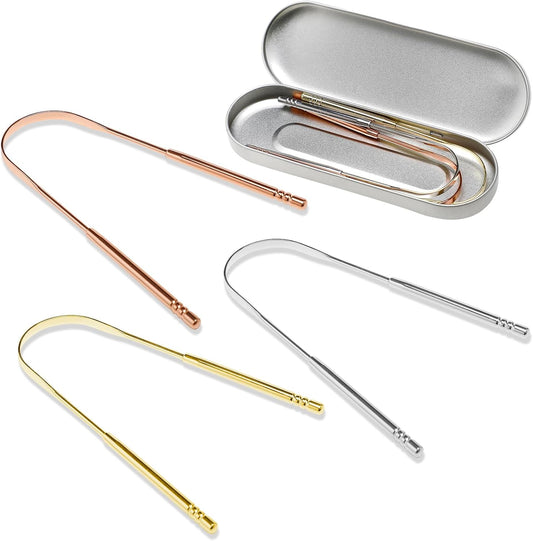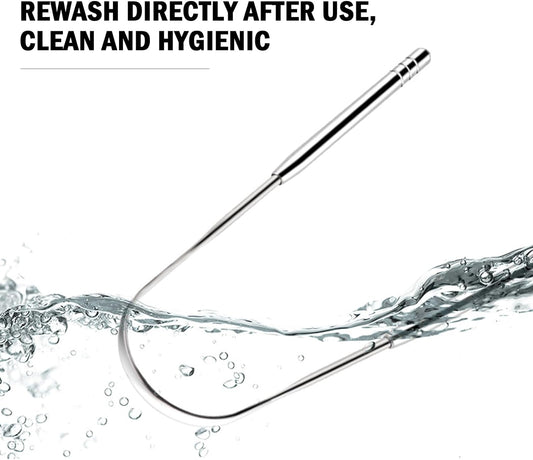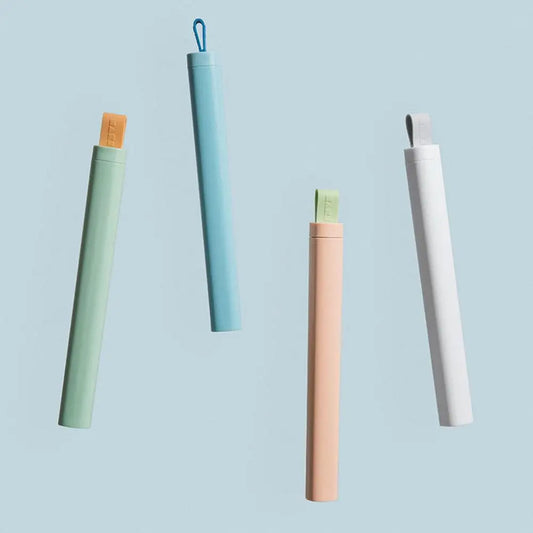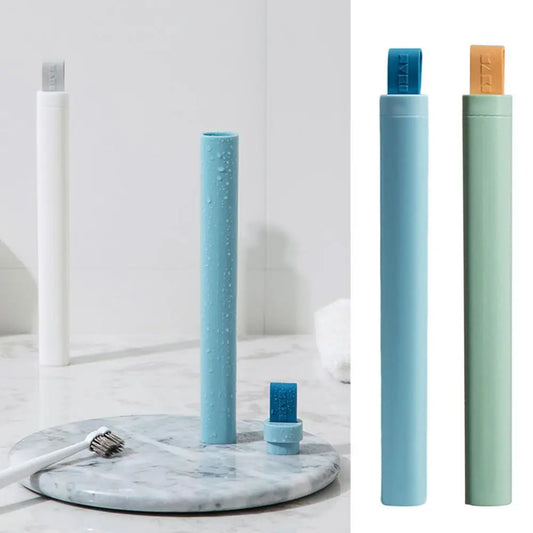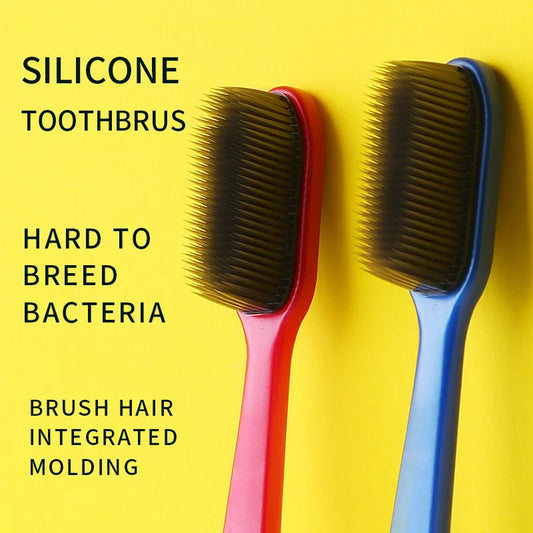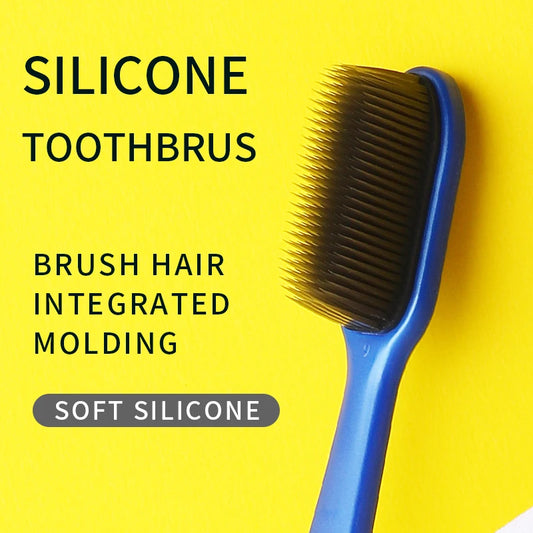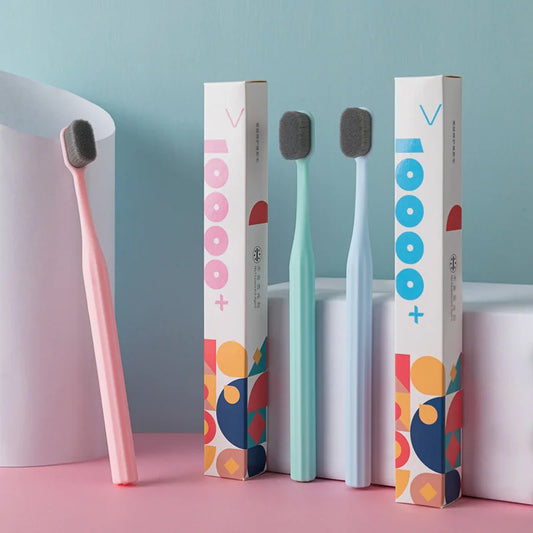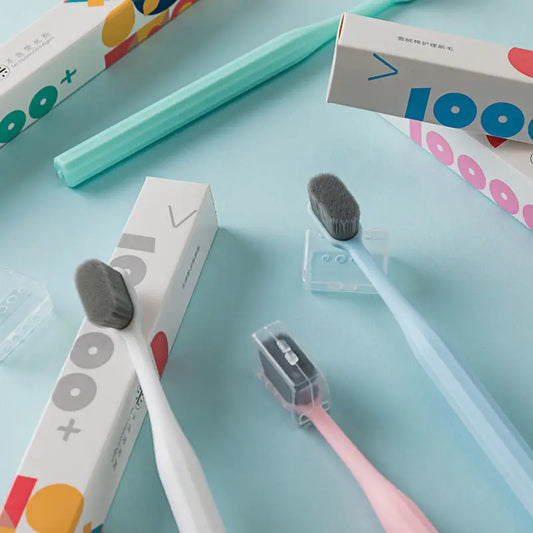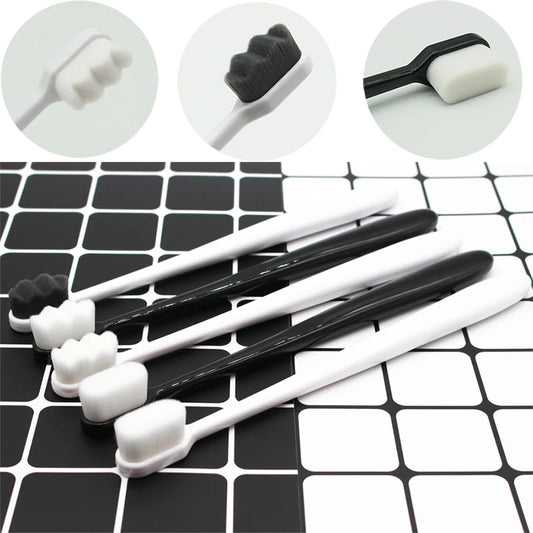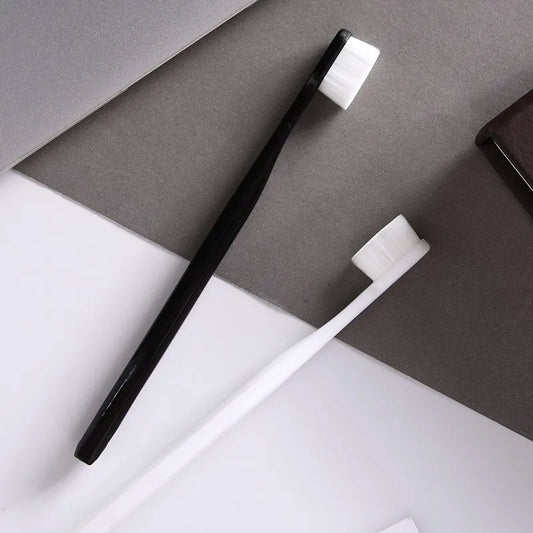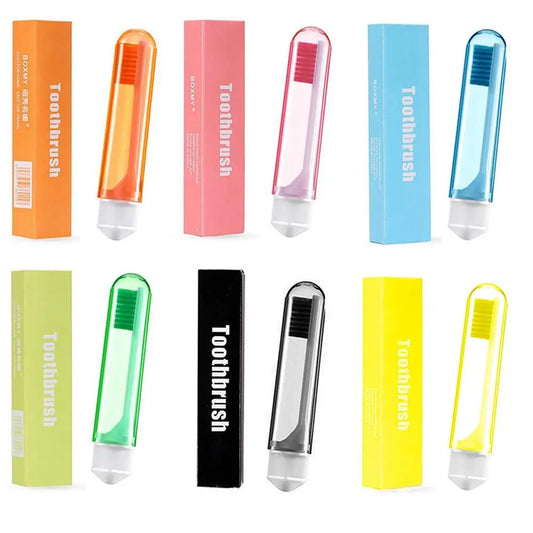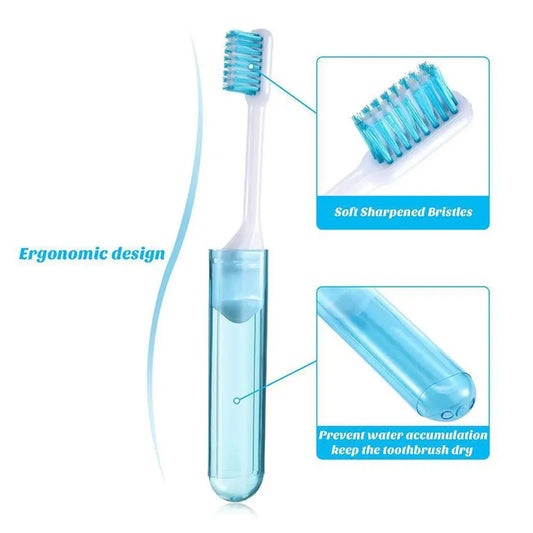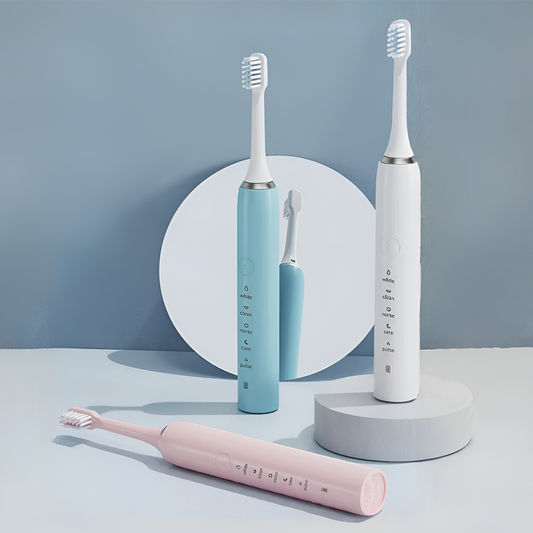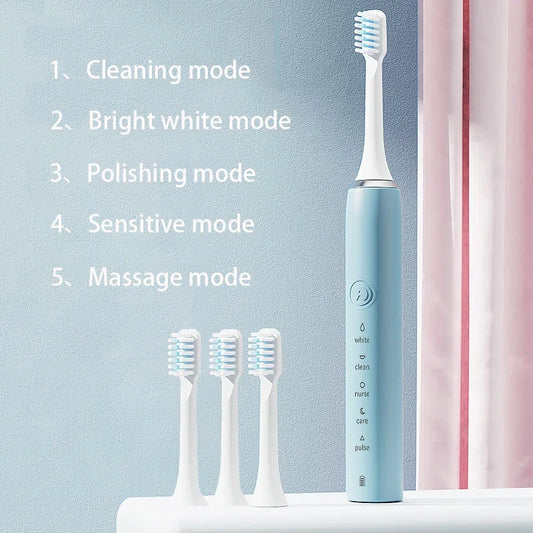As a parent, you want to ensure your baby’s teeth are healthy and strong from the start.
However, even with the best intentions, some common mistakes can hinder your baby's oral health. Understanding these pitfalls can help you avoid them and establish a strong foundation for your child’s dental care routine.
1. Waiting Too Long to Start Brushing
One of the most common mistakes parents make is waiting too long to start brushing their baby’s teeth. It’s crucial to begin oral care as soon as the first tooth appears, usually around six months of age. Delaying brushing can lead to plaque buildup and an increased risk of cavities, even in baby teeth.
2. Using Too Much Toothpaste
When it comes to toothpaste, less is more for babies. Parents often make the mistake of using too much toothpaste, thinking it will provide better cleaning. However, a small smear, about the size of a grain of rice, is all that’s needed for infants. Excessive fluoride exposure at this early stage can lead to dental fluorosis, which can cause discoloration of the teeth.
3. Not Brushing Long Enough
It’s easy to rush through brushing, especially with a squirmy baby. However, it’s important to brush your baby’s teeth thoroughly, covering all surfaces of each tooth. Aim for at least two minutes of brushing, twice a day. Using a timer or playing a short song can help ensure you’re brushing for the right amount of time.
4. Ignoring the Gums and Tongue
Focusing only on the teeth and forgetting about the gums and tongue is another common mistake. Even before teeth emerge, it’s important to clean your baby’s gums with a soft cloth or gauze. Once teeth start to appear, gently brushing the gums and tongue helps remove bacteria and keeps your baby’s mouth fresh and healthy.
5. Not Making Brushing a Positive Experience
Brushing your baby’s teeth can sometimes be a struggle, but turning it into a negative experience can lead to resistance in the future. Avoid using force or making it a stressful time. Instead, make brushing a fun and positive part of your daily routine. Sing songs, play games, or let your baby hold the toothbrush to get them involved and excited about oral care.
Conclusion
Brushing your baby’s teeth is a vital part of their overall health, and avoiding these common mistakes can help you ensure their dental care routine is effective and enjoyable.
By starting early, using the right amount of toothpaste, brushing thoroughly, and making the experience positive, you’ll set your baby up for a lifetime of healthy teeth and gums.
At Smile Toothbrush, we offer baby-friendly toothbrushes and dental care tips to help parents keep those little smiles bright and healthy.
